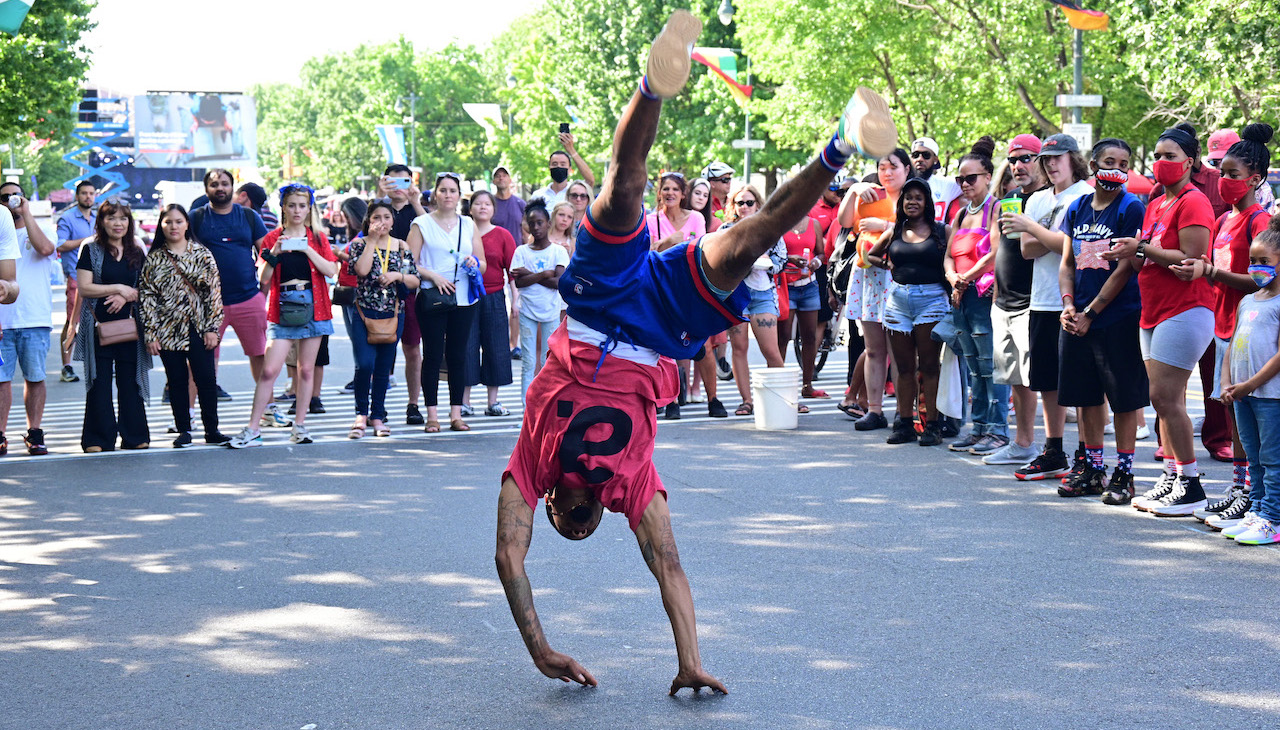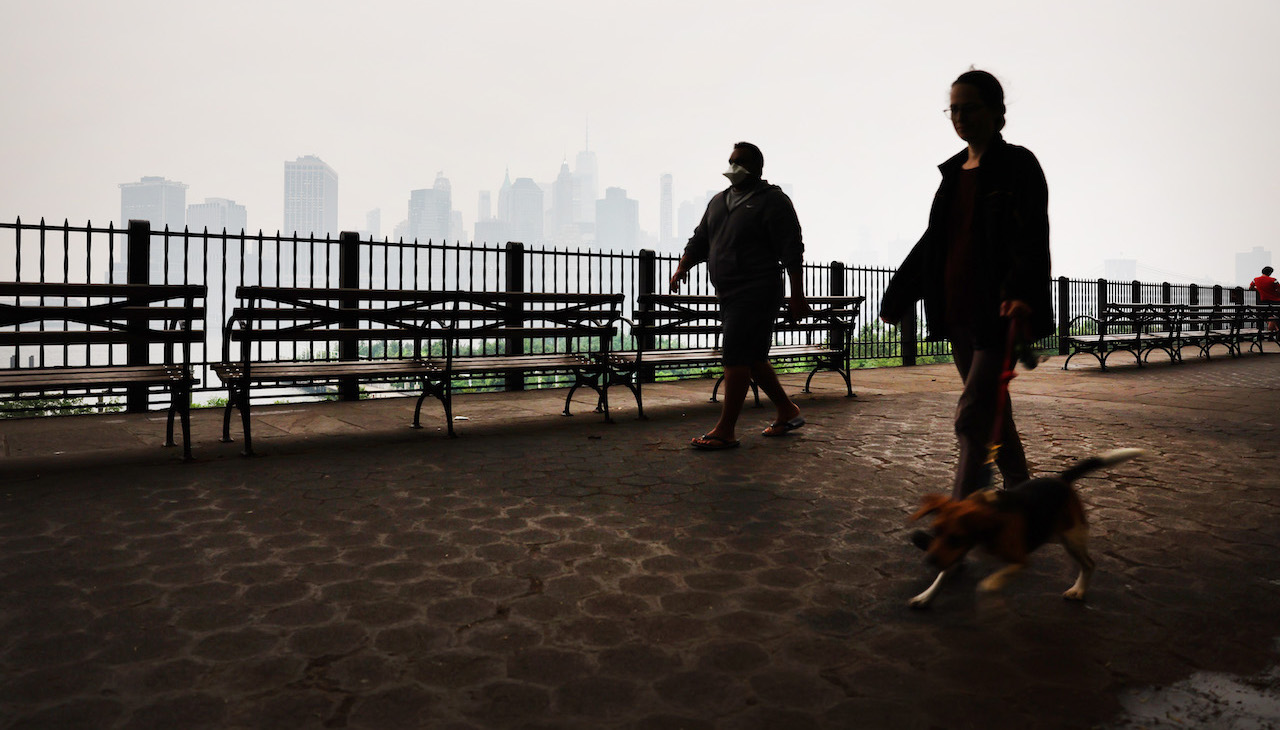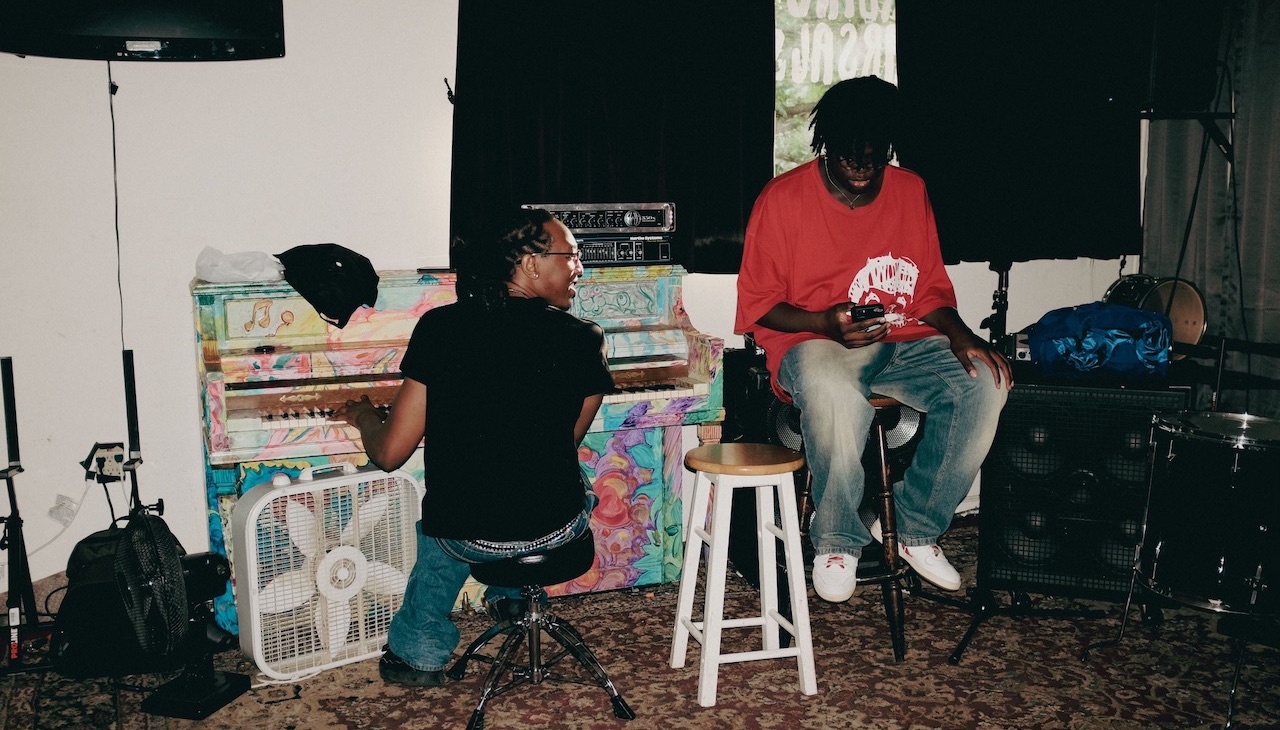
Camden and its Never Ending Drama
Like many other times, the highlights in Camden are its homicides, drug sales, poverty and despair
It has recently been declared as the second most violent city in the country. The difference is that this year, it wasn’t the first.
In that which has elapsed in the year 2008, through the middle of December, 50 homicides have been committed.
The population in Camden has decreased since the year 2000. According to the census, at that time, Camden had 79,000 inhabitants, whereas now it scarcely has 76,000, almost equally divided between Hispanics and Afro Americans, the latter of which have a slight advantage.
Homicides, however, are not its only letter of introduction. Camden is also the greatest retail drug distribution center. Theft, assaults, armed robbery, domestic violence, unemployment and school dropouts are common in this city.
“Memo” Abadía, 33, came here from Central America when he was a child. He lives with his wife and three children –the oldest of which is 7—in Whitman Park, one of the most violent areas. Memo works at a warehouse which, among others, has been robbed twice. His routine is from home to work and back home and he tries not to mingle with anyone, not to see anyone, not to know anything. His invisibility is his way of survival.
Almost every night, the Abadía family hears gunshots in the neighborhood, and at times, hears them during the day. Drug traffickers can be found on almost all corners of their sector, in broad day light. Memo passes by them; he doesn’t see them or knows who they are.
How can you live this way?
“You resign yourlsef and, in some way, even grow accustomed to it.”
How long have you been living in that home?
“Since I was a kid”.
Why don’t you leave?
“Because I have no where to go. Also, the house is mine. I inherited from my father. It is hard to sell it and on my salary I couldn’t pay the rent anywhere else.”
What will happen when your kids grow up?
“I don’t know, but if thing don’t get better in this city, that will be a serious problem.”
There are also thousands of honest and good families living in Camden.
A few months ago, Memo began to see more police officers on the streets. He abstains from delving into this issue.
Memo refers to the new strategy implemented by Scott Thomas and Luis Vega, chief and director of the Camden Police Force, respectively.ñ
This initiative is based on the quality-of-life offenses theory which is, in short, that attacking minor offenses and contraventions (idleness, excessive noise, traffic infringements, vandalism, etc.) reduces serious crimes.
Thomson and Vegan strongly advocate this plan because they believe that strong police presence on the streets, arresting those who disturb citizens, even slightly has a bearing on greater public safety and tranquility.
Ángel Fuentes, Chairman of the Camden Council, is also a strong advocate of this theory. He refers to the arrest of 11,000 individuals in the last year and the recent voluntary surrender of 1,200, pending accounts with justice as evidence of his success.
There are those, however, who openly oppose the quality-of-life offenses theory. Cramer Hill activist and civil leader, José Santiago, who graduated from the Police Academy and is authorized as a security officer, says that fighting minor offenses is important and must be on the agenda of the authorities, but that in this way those who commit serious crimes are not being automatically attacked. “Much less so in Camden which is a sui generis city”, he says, adding that “that may work in a community lacking the types of problems that this city has”.
For Santiago, almost all homicides committed in Camden are linked to drug trafficking. “If one drug seller robs another, doesn’t make his/her payments or cheats in any way, a conflict that is not aired in court, arises”. Then he adds that “the drug distributers have their own laws which must be strictly obeyed, and that are not governed by the conventional codes but rather with gun shots.”
Santiago also says that sending a drug lord to jail is not enough because they always continue to do business from the inside. He believes that instead of making arrests all over the place they should work more with undercover cops and infiltrate the groups dedicated to drug trafficking.
Ángel Cordero, also an activist and defending the improvement of education, rejects the Quality-of-life offenses theory because he says that it is not only inoffensive but also counterproductive. Cordero affirms that in order to show results in the fight against crime, reflected in the number of individuals that are arrested, a large amount of captures, the majority unjustified, are being carried out, such as that involving individuals who are late in paying their traffic tickets or that frequently walk through sectors where drugs are sold.
“At this rate one won’t be able to walk anywhere because drugs are sold throughout the city”, he says. “Meanwhile, he adds, drug traffickers are happily dedicated to their business, beyond the reach of the police”.
The grave thing about this, he insists, is that they are arresting youths without any record and that, because they are detained and interrogated, develop a criminal record that prevents them from subsequently getting a job or finding a place as a student.
Cordero has become a shoulder to cry on for many in Camden. He states that although there have been many arrests, some of which are unjustified, many people who fall victims to crimes such as theft, robbery, domestic violence and others, are unprotected because their cases are frequently not investigated. No statistics are available regarding this matter.
Cordero clarifies that he is not criticizing the Police. On the contrary, he considers such as the only institution doing its job. Though things are lacking, he says, the Police is trying.
The really serious issue, Cordero insists, is that other institutions with a huge responsibility are not doing their job. He lists the lack of recreation programs for youths, lack of cultural and sport programs, sexual orientation campaigns, tolerance and peaceful coexistence, etc. Education, however, is the area in which Cordero makes the most emphasis.
He insists that violence in public schools is not ceasing but rather increasing. This not only has an impact on dropout rates but also negatively affects youths because while they are in school they receive no education to be good individuals but, quite the contrary, are raised in an aggressive and intolerant environment. “Selling drugs is an activity that is abundantly fed by frustrated youths that are unable to find the attention, love and respect that children and youths must have at school or in other institutions,” he says.
School authorities are silent regarding these issues.
Cordero also affirms that residents of Camden find it very difficult to find jobs in the city and the neighboring sectors because “living here is a stigma”.
Lawyer Juan González has been practicing for many years in Camden. He believes that the Police are doing the best they can and that, undoubtedly, their job is framed by the Constitution and the law. He specifically points out that arrests due to loitering are a way of controlling those roaming the streets to buy or sell drugs.
But González warns that the success of fighting crime cannot only be measured by the number of detentions. “Jails are packed and our prison system lacks rehabilitation, and thus those put in jail generally begin or perfect themselves in crimes”, he says.
“Of course”, he adds, “of many of those arrested, the majority are quickly set free because this is a country of law and judges must proceed according to law.”
Gonzáles also says that those with money pay for lawyers and those who do not are provided one by the state. He categorically states that this is a requirement because the defense is a right for all, though some have more resources to do so than others.
González accepts that, generally, the experienced criminal leaves jail to continue his/her criminal activities and that he/she who doesn’t is marked with a criminal record that closes many doors.
Thus, Gonzáles believes that one of the greatest problems of Camden is that it is handing all the problem-solving responsibility to the Police and insists that “this is a social problem that cannot be solved only by arresting people. The solution must begin with the family, by offering a good education, job opportunities, programs so that youths learn to enjoy their free time in a healthy way.”
The immediate future does not look better for Camden. According to the plans made by the Police chiefs, arrests will continue to increase. No plans to improve education or create recreation and coexistence spaces for youths are known of. The reduction of poverty doesn’t seem to be improving either. On the contrary, if the situation was already disastrous before the present crisis, it is now much worse.
The only new issue will by the 2009 political campaign to elect a new mayor and councilmen. But this will not produce any impact because Camden is one of the few cities in the world that is not in charge of its own administration.
In 2001 the State of New Jersey took over the control of the city. For such purpose, it created the position of Camden Chief Operating Officer (COO) which took on practically absolute powers because it not only over ranks the mayor but has the power to veto the laws approved by the Council.
The Police Department depends on the District Attorney’s Office, in other words, it is managed from Trenton.
Ironically, the State took over the control of the city seven years ago, stating that it was forced to do so because local authorities were incapable of solving the financial, drug selling and high crime rate issues.






DEJE UN COMENTARIO:
¡Únete a la discusión! Deja un comentario.